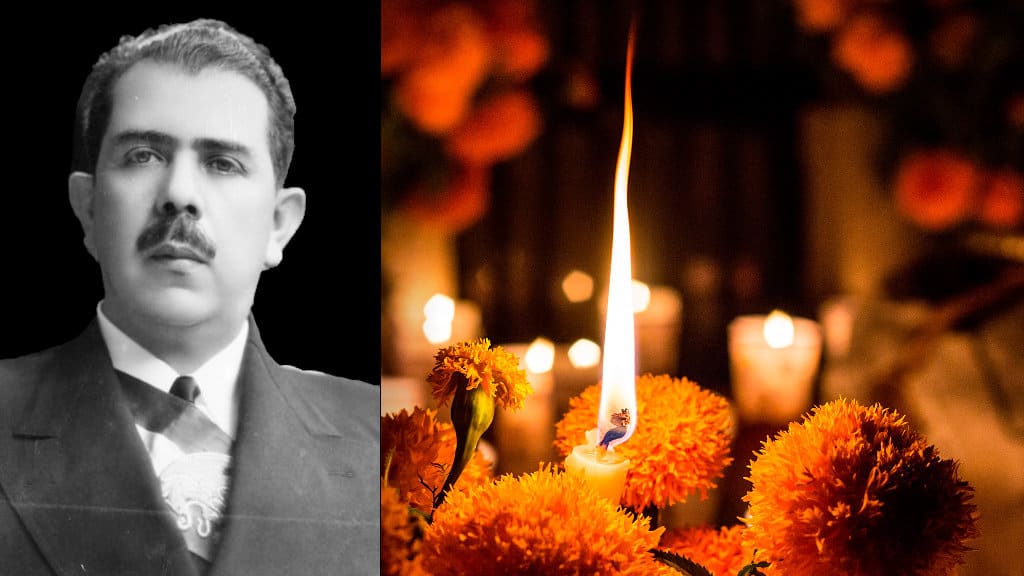It is a good time to learn about the history of the Mexican tradition and some argue that the tradition is not as pre-Hispanic as one might think.
Did Lazaro Cardenas invent the Day of the Dead?
The Day of the Dead celebration is mainly a Catholic holiday, says Elsa Malvido, researcher and professor at the National Institute of Anthropology and History (INAH), because it is based on the syncretism of pre-Hispanics and Spaniards.
The offerings were not placed on an altar in honor of the dead on a special day or occasion but as part of a funerary ritual in ancient Mexico.
Miccailhuitontli
Even funeral celebrations took place on other days. As an example, consider the Hueymiccailhuitl celebrations, also known as the Miccailhuitontli or the children’s celebrations; the former took place in August and the latter in September and both lasted approximately 20 days.
So where did the custom of the Day of the Dead as we know it originates?
Cardenas nationalizes the Day of the Dead
Professor Malvido’s research has revealed that the origin of the Day of the Dead is entirely Spanish, colonial and Christian.
The professor maintains that “Mexicanness” was associated with the Mexica culture, the most advanced group upon the arrival of the Spaniards because during the government of Lázaro Cárdenas they sought to foster identity and nationalism in the Mexican population.
Later, the intellectuals of the time revived and gave a new meaning to some common colonial customs, giving them a pre-Hispanic national type.
Origins of the Day of the Dead in the pre-Hispanic era
The researcher affirms that the government of Cárdenas promoted the supposed pre-Hispanic origin of the Day of the Dead as a way to strengthen the Mexican community.
Related posts
- Day of the Dead in Mexico – Tradition of the Living
- Day of the Dead Offerings in Mexico and what each element represents
With information from Mileno Mexico





